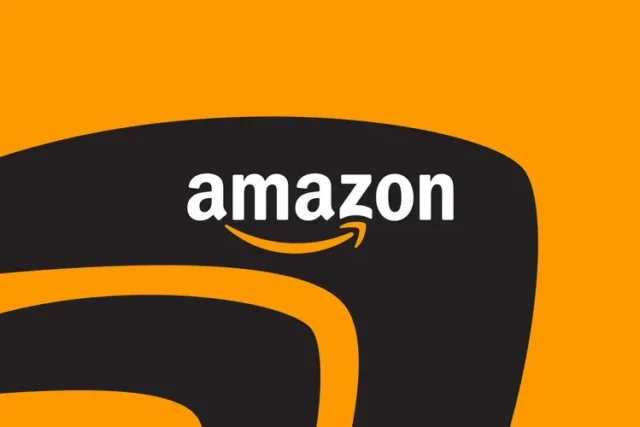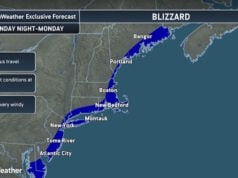
By Emma Roth
Amazon, not third-party sellers, is responsible for properly recalling hazardous items that were sold on its marketplace, the US Consumer Product Safety Commission (CPSC) decided on Tuesday. The CPSC says Amazon failed to adequately notify the public about more than 400,000 recalled products.
Even though Amazon stopped selling those products and attempted to alert their buyers, the CPSC decided Amazon needs to follow approved recall procedures designed to keep the public from using, giving away, or reselling dangerous items. (When the CPSC helps a company recall a product, it doesn’t just warn buyers; it warns everyone.)
The Amazon products, sold between 2018 and 2021, include faulty carbon monoxide detectors, hairdryers that pose an electric shock risk, and flammable children’s pajamas. In the decision and order, the CPSC says Amazon “downplayed the severity of the hazard,” telling affected customers about a “potential safety issue” regarding a recent purchase rather than explicitly labeling it as a “recall.”
:format(webp)/cdn.vox-cdn.com/uploads/chorus_asset/file/22723831/amazon_notice_recall.jpg)
Disclaimer
Artificial Intelligence Disclosure & Legal Disclaimer
AI Content Policy.
To provide our readers with timely and comprehensive coverage, South Florida Reporter uses artificial intelligence (AI) to assist in producing certain articles and visual content.
Articles: AI may be used to assist in research, structural drafting, or data analysis. All AI-assisted text is reviewed and edited by our team to ensure accuracy and adherence to our editorial standards.
Images: Any imagery generated or significantly altered by AI is clearly marked with a disclaimer or watermark to distinguish it from traditional photography or editorial illustrations.
General Disclaimer
The information contained in South Florida Reporter is for general information purposes only.
South Florida Reporter assumes no responsibility for errors or omissions in the contents of the Service. In no event shall South Florida Reporter be liable for any special, direct, indirect, consequential, or incidental damages or any damages whatsoever, whether in an action of contract, negligence or other tort, arising out of or in connection with the use of the Service or the contents of the Service.
The Company reserves the right to make additions, deletions, or modifications to the contents of the Service at any time without prior notice. The Company does not warrant that the Service is free of viruses or other harmful components.












